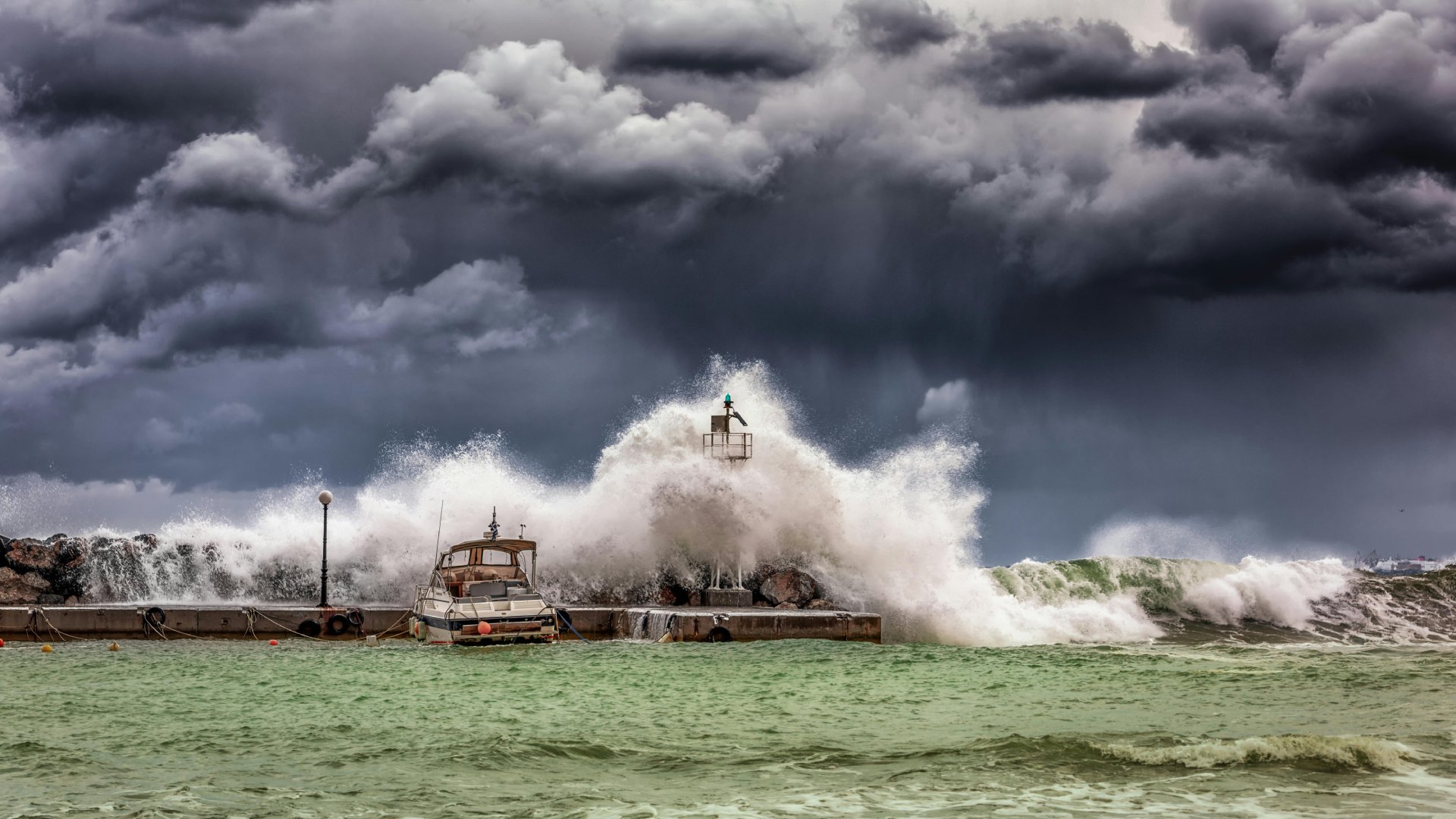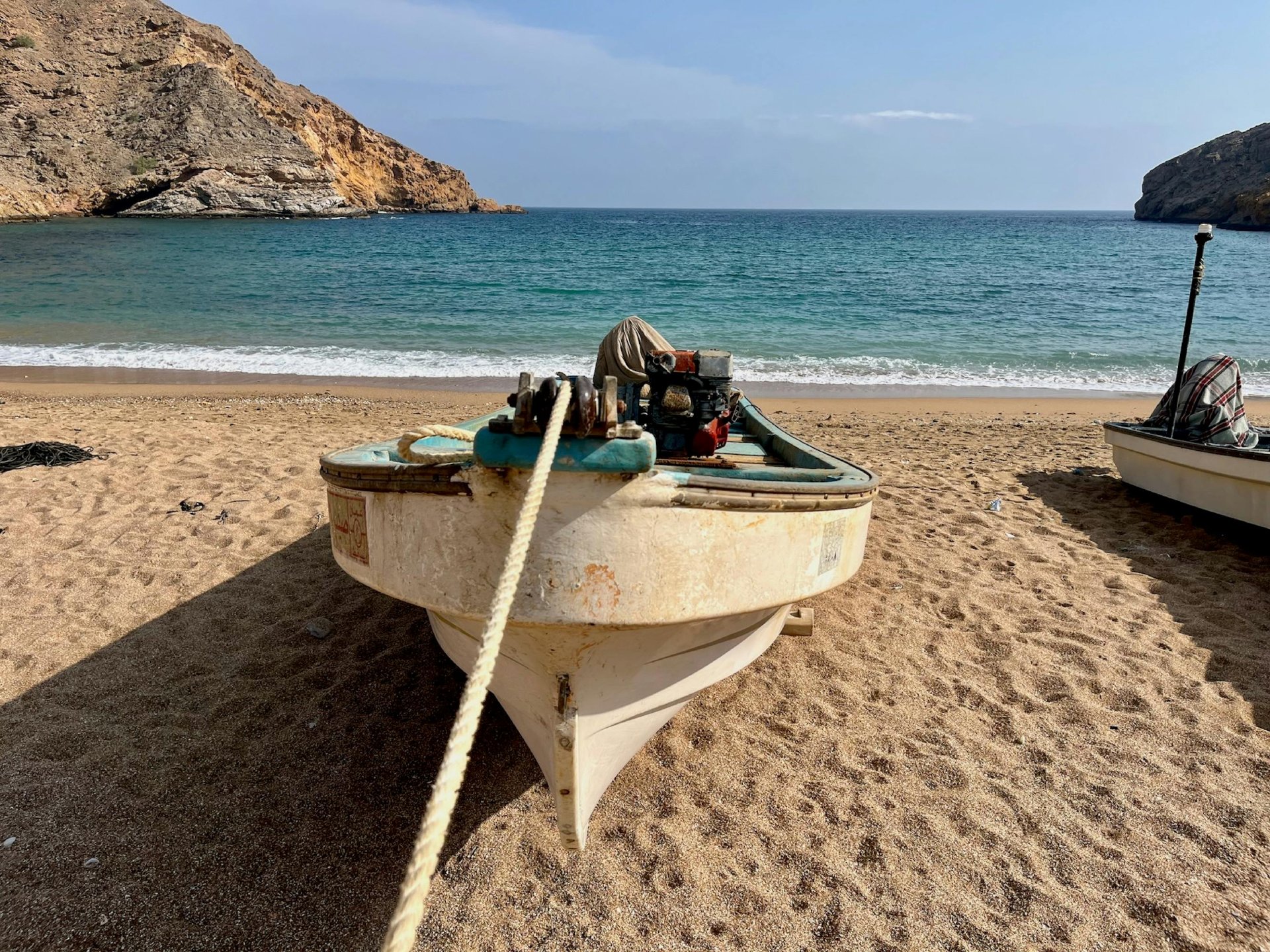With increased security threats around the world, many parents of study abroad students may be concerned about their child’s safety. Cities typically considered “safe” are now under greater scrutiny. While studying abroad, the unexpected can occur, just as it can at home. Unfamiliar surroundings can magnify the distress and confusion.
To stay safe while traveling abroad, students must take time in advance to be as prepared as possible, ensure a reliable means of communicating in an emergency, and be proactive in keeping informed and maintaining awareness at all times.
Preparedness
Before departure, parents and students should study the areas where the student will be traveling. Learn a basic layout of the area and the major landmarks. Your student should enroll in the State Department’s STEP program to receive alerts on developing situations.
Global Rescue members can use GRIDSM, our travel intelligence system, to obtain detailed Destination Reports to help assess safety. We offer detailed information on over 200 countries, including health and security risk assessments, entry and exit requirements, exchange rates, important phone numbers, weather conditions and other essential information.
Strongly consider adding a Global Rescue security membership. By upgrading a medical-only membership to a medical and security membership, members have access to advice from our in-house security teams, which includes former military Special Forces personnel. In the event of threats to your student’s safety which could result in bodily harm, or if there is a government order to evacuate, Global Rescue will extract the student to safety.
Parents should ensure that their own passports are up-to-date and that any necessary visas are secured. In the event of an emergency, it is wise to be prepared to travel on short notice.
Communication
Be sure your student has the ability to call for help, knows how to call for help, and knows where to go for help. Outside of the U.S., dialing “911” does not work. It is critical to know what number to call for emergency medical services, and know how to dial that local number based on international calling configurations. Students should keep emergency contact information with them at all times. Students who are members of Global Rescue are able to access our operations centers for medical and security support 24/7/365.
Consider purchasing a cheap local prepaid phone which includes international capabilities. With this type of phone, you know that you have something in place as back up.
If your student is bringing his or her own phone, be sure that it works locally. Contact your provider in advance to verify areas of coverage. Upon arrival, test the phone: call, text, and email home. It is imperative to do this before any emergency situation.
Consider bringing an extra battery or portable charger for the phone or, with a smart phone, buying a battery phone case that will extend the phone’s battery life to avoid being caught with no way to communicate in an emergency.
The Global Rescue mobile app offers emergency notification, a one-touch emergency button that instantly alerts Global Rescue’s operations teams that a traveler is in distress. The app offers status and location updates which allow the traveler to indicate that he or she is okay by “checking-in” using a smartphone, and to transmit GPS coordinates to the Global Rescue operations teams and anyone else designated.
Imagine that your student is in Guatemala when an earthquake occurs. Reducing reaction time can make all the difference. With GPS, it could be as little as a few minutes before you have your child’s location details and can send help. Without GPS and without any other means of communication, reaction time could stretch to hours or days until a specific location can be determined.
Finally, consider purchasing or renting a satellite phone. For most any scenario – a storm, natural disaster, or a government shut-down of cell networks – your student will be prepared. Cellular networks may be the first to crash and/or become overloaded in an emergency or disaster situation. In these situations, satellite networks are much more reliable.
Awareness
Students traveling abroad should exercise caution when sharing personal details. Discussing plans could lead to becoming a target for criminals. Advise students to trust their instincts and leave as soon as possible if they begin to feel uneasy in a situation. Avoid large crowds or environments that could quickly turn violent, such as political protests. If a student notices someone following them, stay on a well-traveled street and find the nearest safe place within reach. Criminals seek out weak targets so it is best to prevent the appearance of vulnerablity.
Whether it is a natural disaster, political instability, or a personal injury, Global Rescue is experienced in responding to crises. In 2011, Egypt’s civil unrest prompted corporations and colleges to turn to Global Rescue and its highly trained former special operations personnel to evacuate students there.
If you have concerns about your student’s safety or if a crisis does occur, contact Global Rescue immediately at 617-459-4200 or operations@globalrescue.com.









